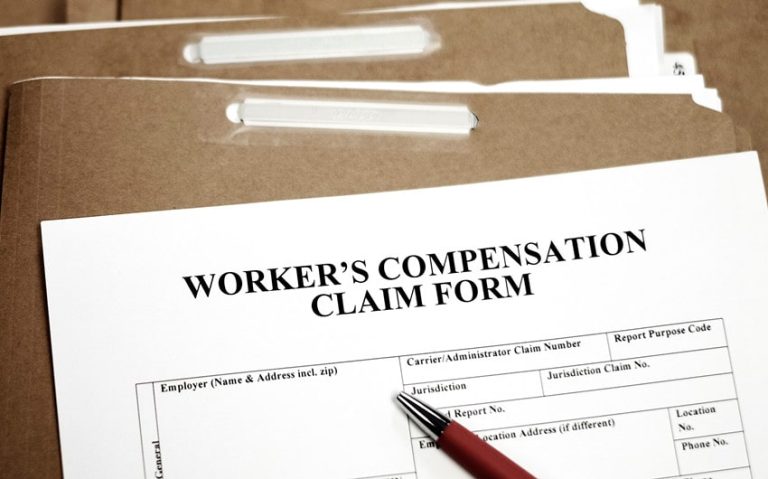How Property Settlement Lawyers Determine Fair Division of Assets
When a relationship ends, dividing property often becomes one of the most emotionally and financially challenging parts of the separation. It’s rarely as simple as splitting things down the middle. Every couple’s situation is different — different assets, contributions, debts, and needs. That’s where an experienced lawyer for property settlement steps in to ensure the process is fair and balanced under Australian family law.
Property settlement isn’t about winning or losing. It’s about creating a practical and just outcome that allows both people to move forward with financial stability and peace of mind. But how do lawyers actually decide what’s fair? Let’s walk through what they look at and how these decisions are made.
Understanding the Starting Point: What’s in the Asset Pool
The first thing a property settlement lawyer does is identify everything that belongs in the asset pool. This includes all assets, debts, and financial interests owned by either partner — whether it’s in one name, both names, or even held through a company or trust.
Think of it as taking inventory of the entire financial picture. That means everything from the family home, vehicles, and savings accounts to superannuation, investments, and personal belongings. Debts such as loans, mortgages, and credit cards are also included, since they affect each person’s share.
Once everything is identified, the next step is to determine what it’s all worth. Lawyers often work with valuers or financial experts to ensure assets like property, businesses, or shares are accurately assessed. This process lays the groundwork for determining how the division will unfold — because you can’t divide what you haven’t fully accounted for.
Having clear documentation also helps prevent disputes later on. The more transparent and detailed the asset pool is, the smoother the process tends to be.
Recognising Both Financial and Non-Financial Contributions
After mapping out the assets, property settlement lawyers turn their attention to what each person brought into the relationship — and not just in dollar terms.
Financial contributions are usually easy to track. These might include income from employment, savings, gifts, or inheritances used during the relationship. But the law also recognises non-financial contributions, which are equally important yet often overlooked.
For example, one partner might have stayed home to raise children, managed the household, or supported the other’s career ambitions. These efforts, while not directly tied to income, have immense long-term value. Family law understands that maintaining a home or caring for children is just as crucial as paying the bills.
A seasoned lawyer for property settlement knows how to weigh these contributions fairly. They look at the bigger picture — how each person helped build the relationship’s financial and emotional foundation, whether through work, caregiving, or shared effort.
Factoring in Future Needs and Circumstances
Property division isn’t just about what happened in the past. It’s also about what lies ahead. Lawyers must assess what each person will need to rebuild and sustain their life post-separation.
Several factors come into play here: age, health, financial resources, and the ability to earn an income all matter. If one partner has health challenges or a lower earning capacity, they might need a greater share of the assets to ensure their long-term stability.
Children, of course, are a major consideration. If one parent is taking on primary care responsibilities, that affects their ability to work full-time and their future financial prospects. A fair settlement accounts for this imbalance, ensuring the parent who takes on more day-to-day care has the resources they need to support the children.
This approach isn’t about giving one person “more” — it’s about achieving genuine fairness based on each individual’s situation after separation.
How Relationship Length Shapes Property Division
The length of a relationship can dramatically influence how assets are divided. The longer a couple has been together, the more their financial lives tend to intertwine. Over time, it becomes harder to distinguish which assets belong to whom, since most things are acquired or managed jointly.
In contrast, shorter relationships often involve a clearer separation of finances, especially if there were no children involved or major shared assets. However, even short relationships can become complicated when there’s significant financial contribution from one side or rapid asset growth during that time.
If you’re in a short-term relationship and wondering how your assets might be split, getting short relationship asset splitting advice early can help you understand your entitlements and avoid potential disputes. Lawyers specialising in these matters know how to assess both initial contributions and what’s fair in the context of a shorter union.
Ultimately, lawyers take into account not just the duration of the relationship, but also whether the couple lived together before marriage, shared finances, or had children — all factors that influence the final division.
Uncovering Hidden or Overseas Assets
Unfortunately, not all separations are transparent. In some cases, one partner might try to hide assets or transfer funds to make it look like they have less than they actually do. Property settlement lawyers are trained to spot red flags and investigate further when something doesn’t add up.
They might request access to financial statements, tax returns, or business records. In complex cases, they may even work with forensic accountants or international investigators to uncover hidden property or overseas accounts.
If necessary, a court can order full financial disclosure to ensure all assets are included in the settlement. This level of scrutiny ensures the final outcome is based on accurate information — not on half-truths or concealed assets.
A skilled lawyer for property settlement won’t just take things at face value; they’ll dig deeper to make sure the division is genuinely fair. After all, honesty and full disclosure are the foundation of a just property settlement.
Striving for Fairness Amid Uncertainty
When emotions are high and finances are on the line, property division can feel overwhelming. There’s often anxiety, frustration, and fear of being treated unfairly. That’s why having a knowledgeable lawyer is so important — not just for the legal paperwork, but for the reassurance and structure they provide throughout the process.
Good property settlement lawyers don’t just look at numbers; they look at people. They understand that behind every figure on a spreadsheet is a story — one of effort, sacrifice, and shared life. Their role is to balance all these elements so both parties can move forward with security and respect.
Whether your relationship was short or spanned decades, the goal is always the same: to reach a resolution that reflects fairness, acknowledges contribution, and considers future needs.
With expert legal guidance, what feels uncertain today can become a stepping stone to a more stable and confident tomorrow.
Finding the Right Support for Your Property Settlement
No two property settlements are ever identical. The right outcome depends on a careful blend of legal expertise, strategic thinking, and empathy. If you’re going through separation and unsure where to start, seeking early advice from an experienced property lawyer can make all the difference.
They can guide you through gathering documents, valuing assets, and negotiating a fair arrangement that meets both legal standards and personal needs. Most importantly, they’ll protect your interests from the start — so you don’t have to face surprises later.
Dividing assets after a breakup isn’t just about splitting property. It’s about setting yourself up for the next chapter of your life — with clarity, confidence, and fairness.







